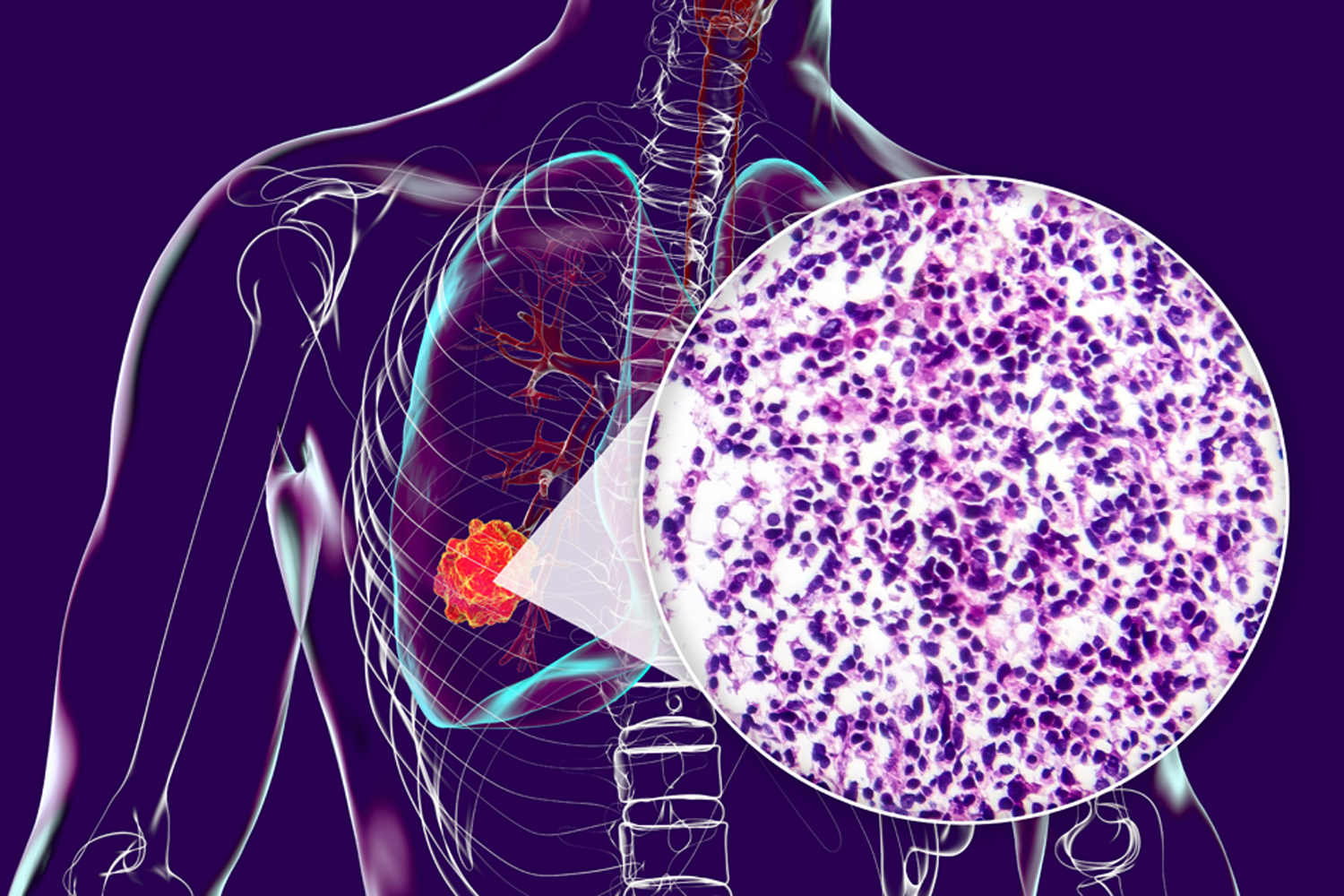-
Sex and Gender Minorities Face Disparities in Breast Cancer Care
Lesbians, bisexual women and transgender men had a longer wait for diagnosis and a higher risk of recurrence.
by Jon Kelvey
-
More Prostate Cancer Patients Choose Surveillance
Men are increasingly opting to put off treatment for low-risk prostate cancer, and doctors say it’s a good thing.
by Kyle Bagenstose
-
Decoding Disparities in Colorectal Cancer
People of African descent who receive genetic testing have fewer actionable mutations compared with white people—suggesting fewer available treatment options.
by Marci A. Landsmann
-
Nudging Our Way to Better Cancer Care
Researchers use insights from behavioral economics to encourage taking recommended actions in health care.
by Kevin McLaughlin
-
Post-surgery Option for Liver Cancer
New study finds drug combination after surgery helps prevent recurrence in liver cancer patients.
by Thomas Celona
-
Chronic Stress and Cancer
Accumulating research shows lifelong stressors degrade health and increase cancer risk, but exercise might help counteract the impact of stress.
by Thomas Celona
-
Forward Look
Progress in Personalized Cancer VaccinesStudy finds mRNA vaccine can help prevent cancer recurrence in advanced melanoma patients.
by Thomas Celona
-
The HPV Vaccine Prevents Cancer. Why Do Many Cancer Survivors Not Get It?
A recent study investigated why some young cancer survivors did not want the HPV vaccine and how they can be better served.
by Pamela Rafalow Grossman
-
Forward Look
The Pitfalls of PolypharmacyMany older adults take multiple medications, which can potentially interfere with their cancer treatment.
by Ashley P. Taylor
-
Facts and Stats
Counting the CostCancer deaths linked to cigarette smoking account for millions of years in lost lives and billions of dollars in economic burden.
by Thomas Celona
Cancer Talk
Lessons From 20 Years Living With Cancer
Multiple myeloma survivor Jonathan Gluck reflects on uncertainty, and the scientific progress that has kept him living with cancer for more than two decades.
by Eric Fitzsimmons
The Enduring Importance of Cancer Disparities ResearchOpening session from AACR conference highlights how perseverance and adversity have informed cancer disparities research over the years.
by Eric Fitzsimmons
Most Cancer Survivors Don’t Meet Healthy Diet GoalsDespite research linking fruits and vegetables to cancer survival, many people do not change their eating habits after diagnosis.
by Darlene Dobkowski
Many People Don’t Get Colonoscopy After Receiving Abnormal Blood TestsAbout half of people who receive abnormal results from colorectal cancer screening tests don’t follow up with a colonoscopy.
by Laura Gesualdi Gilmore















